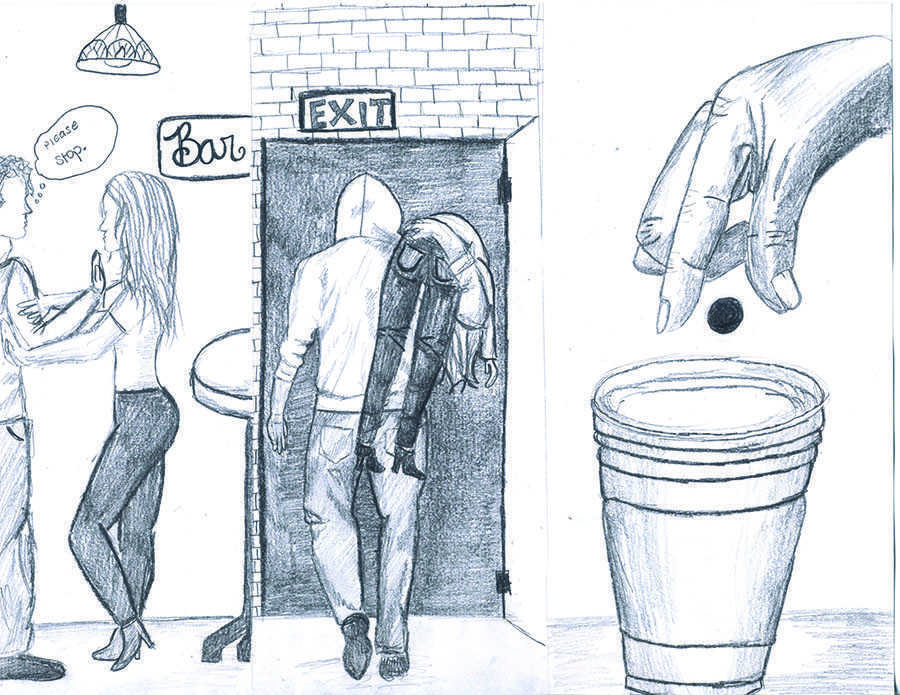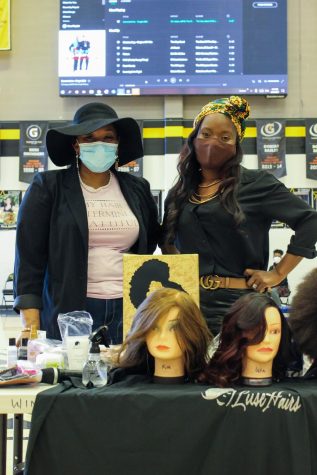Sexual assault is a reality that must be faced
But it can end with proper education and awareness.
Who decides what is and what isn’t sexual assault? Is it the alleged victim? The accused attacker? Or the friends who have heard both sides?
Last semester, a group of my friends went to a party at another friend’s house and ended up spending the night. A couple months later, a female friend who had been at this party casually mentioned a part of the night that was totally unknown to me. What she described is what I would define as sexual assault, or possibly rape, but she brushed it off as being a misunderstanding. She recounted the event as waking up in a drunken haze while a male at the party may or may not have been attempting intercourse with her. Except she doesn’t remember clearly. She doesn’t know if she was actually unconscious or just can’t remember that part of the night. She doesn’t know if she had consented to his behavior earlier, when sober, or if he was consciously taking advantage of her. We have all learned that saying yes when under the influence still means no, but does this change if the actions would have still been consensual when sober? Does it change if both parties are intoxicated?
According to an essay by the National Institute on Alcohol Abuse and Alcoholism, about 25 percent of American women have experienced some form of sexual assault, with about half these cases involving alcohol in some way. The essay later states that “although a woman’s alcohol consumption may place her at increased risk of sexual assault, she is in no way responsible for the assault. The perpetrators are legally and morally responsible for their behavior.“
I full-heartedly agree with that statement, but understanding sexual assault in real-life situations is difficult. Am I or anyone else who has heard my friend’s account of that night responsible for taking action against the alleged attacker if the alleged victim denies any wrongdoing? His story sounds much different when recounted by his friends, but using information that could easily be interpreted to support either side. If she doesn’t consider it assault, why won’t this situation stop nagging me? Why does it come to mind every time we’re around the “friend” who may or may not have taken advantage of someone I hold dear?
I realize there is no clear answer in this situation, but maybe it would be easier to discuss if our school and community took a more active approach to educating teens on sexual assault.
As a young woman at an all-female school, living in the safe neighborhood of Brookside, it is blissfully easy for me to forget the real threat that is sexual assault. Too often, I disassociate myself with news stories about violence against women, comforting myself with the false sense of safety I’ve created within my very sheltered life. I have walked home alone at night at least once in the last month. Not because I’m allowed to–my parents would be furious if they knew this was the case– but because I don’t feel threatened doing so. I am extremely privileged to live this way, but it’s also an extremely ignorant way to live.
The threat of sexual assault or rape doesn’t just exist on dark streets or in “sketchy” parts of town; it exists at parties with people we consider friends; it exists in the ignorance that begins with a lack of education; it exists in the threadwork of our patriarchal society, a stifled issue that is finally, sadly, reaching its tipping point. It is time for both men and women to be educated about the reality of sexual assault in our communities and use this knowledge to end it once and for all.








